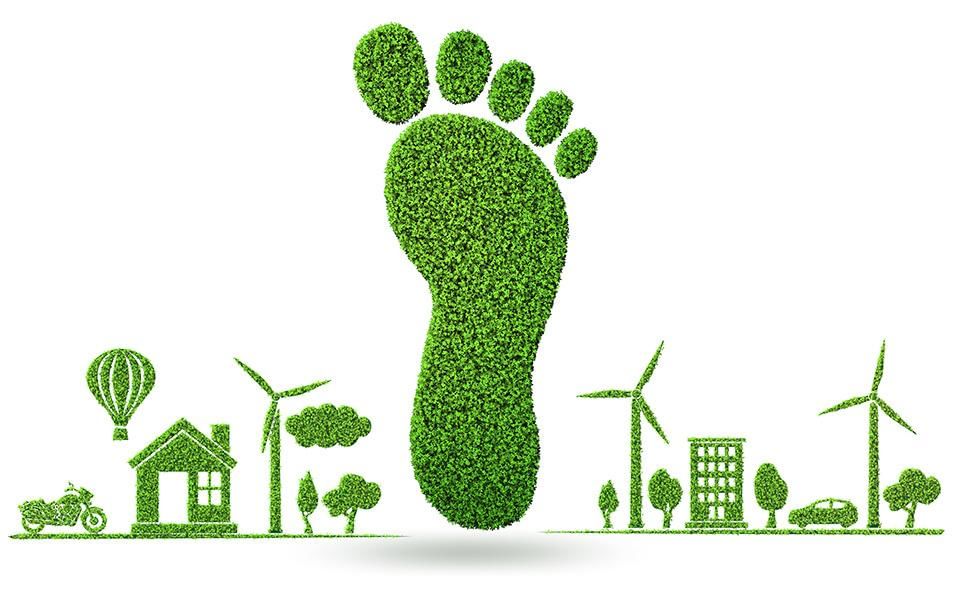Local Economies and Small Business Survival
Cities are built on layers of interdependence. When office workers stop commuting, the ripple effects hit a wide range of businesses and services. Consider the typical worker’s day in a city:
Advertisement
-
Morning coffee at a corner café
-
Lunch from a local deli
-
Dry cleaning pickup on the way home
-
Impulse retail purchases during breaks
-
Post-work drinks with colleagues
Each of these touchpoints supports local businesses. With fewer people in the office, the revenue stream for many of these businesses has thinned. While some have pivoted—offering delivery, online services, or targeting residential neighborhoods—others have struggled to survive.
In many cities, vacant storefronts have become more common, especially in previously bustling commercial districts. This not only affects business owners and employees but also city tax revenues and the vibrancy of the urban environment.
Impact on Public Transportation and Infrastructure
Remote work has altered commuting patterns significantly. Public transit systems—buses, subways, trains—once designed to accommodate massive rush-hour flows, are now operating with lower ridership. This has profound economic implications:
-
Revenue Losses: Transit agencies, heavily dependent on fares, have faced financial shortfalls.
-
Service Cuts: Some cities have reduced frequency or suspended routes, further discouraging ridership.
-
Long-Term Investment Plans: Infrastructure projects based on pre-pandemic commuting models are being reassessed.
Moreover, roads, bike lanes, and public space usage are also shifting. Some cities have reallocated road space for pedestrian or bicycle use, or expanded outdoor dining. Others are trying to incentivize a return to public transit through fare reductions or flexible service options.
Changing Tax Base and City Budgets
Cities rely on a diverse tax base to fund services—from schools to sanitation. A shift in work patterns can disrupt this balance:
-
Commercial Property Taxes: With office vacancies rising and commercial real estate valuations declining, cities are facing reductions in tax revenue.
-
Sales Taxes: Lower foot traffic means fewer in-person purchases, reducing sales tax collections.
-
Income Taxes: In jurisdictions where taxes are collected based on work location, remote work can shift income tax revenue away from urban centers.
Some city governments have already begun adjusting budgets to reflect these changes, cutting services, or seeking federal support. The fiscal health of a city is closely tied to its ability to attract and retain a working population—something now in flux.
